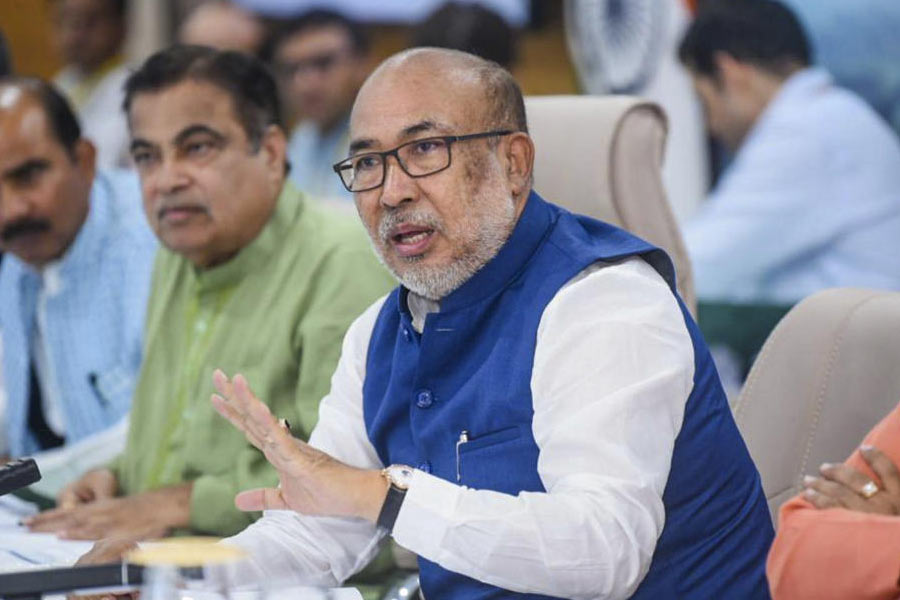The popularity of the internet has coincided with online platforms becoming both alluring and invasive, especially for youngsters, leading to a surge in cases of virtual abuse. Recently, while hearing the bail plea of a woman accused of helping her son sexually assault a 16-year-old girl whom he had met on a social media platform, the Delhi High Court underlined the need to educate minors on appropriate online conduct and help them recognise the warning signs of predatory behaviour in digital spaces. Such an education, the court reasoned, should take into account the concept of ‘virtual touch’. Significantly, the court drew a parallel between digital conduct and physical contact and argued that children should be sensitised about this concept as part of their education to distinguish bad touch from good touch. The court’s rationale merits examination. There is growing evidence suggestive of the rising cases of online abuse of and among children. According to a report by Disrupting Harm, a research endeavour examining online child abuse, around five million internet users aged between 12 and 17 across 13 countries had suffered sexual abuse online in 2021. Further, a study conducted by the National Center for Missing and Exploited Children showed that the prevalence of online child sexual abuse material has increased by 87% since 2019; India, disconcertingly, is one of the leading contributors to this alarming trend. In 2023, the National Human Rights Commission had found that the circulation of such objectionable online material had increased by about 300% in India. Cyberbullying, harassment, digital shaming, even trafficking, the other manifestations of online abuse, also leave deep psychological scars on their victims.
The need to address minors’ vulnerabilities in the dark spaces of the internet is imperative. This is especially so given that the digital penetration in India stands at 52.4% this year. Moreover, in 2021, an estimated 14% of the total number of internet users in India were children — this figure is expected to rise with education and recreational activities turning digital. A fine balance must be struck when it comes to advocating regulation to protect minors and ensuring their right to access the internet. The court has put the onus on parents and educators to inform children about the dangers lurking in cyberspace: these interactions must be participatory in nature. The minors themselves must be integral to consultations on establishing safety protocols: their views, observations and agency can, in fact, make these protocols effective.










